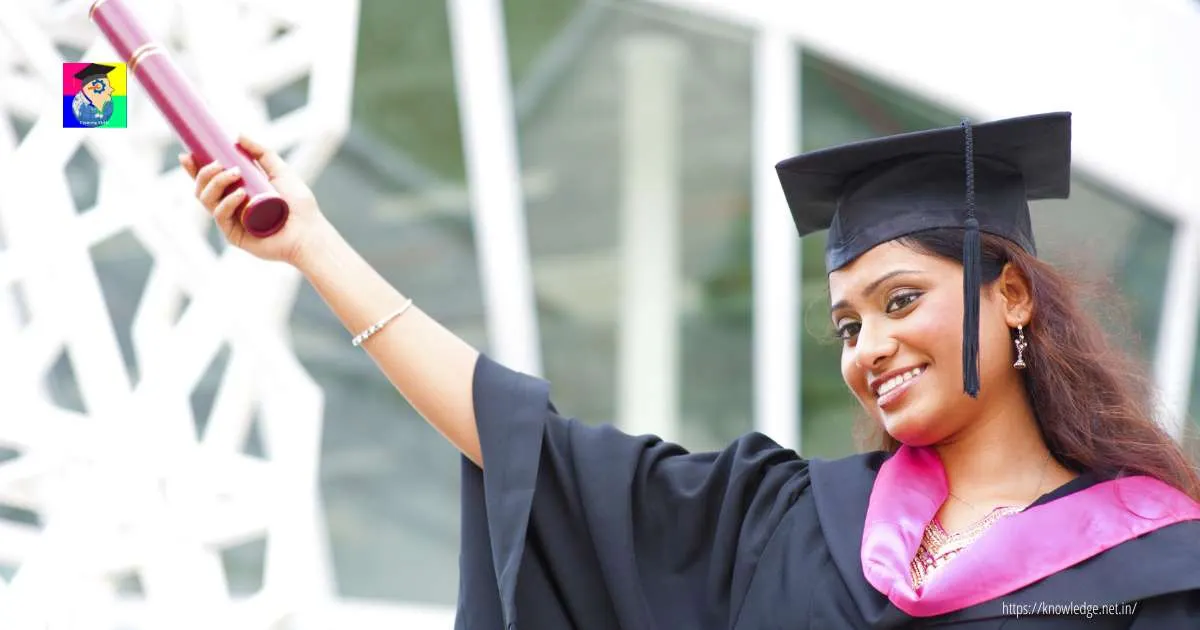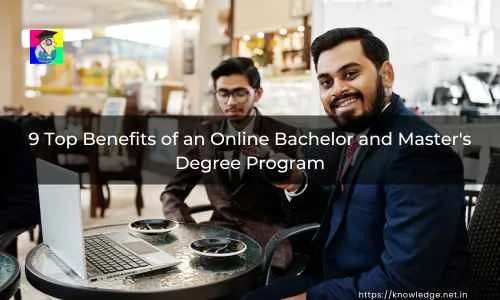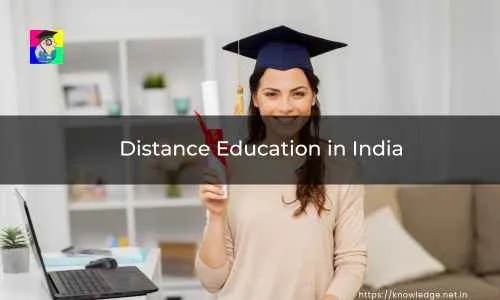Can a Distance Education Graduate Pursue a Traditional MBA in India?

In recent years, distance education has gained popularity as a flexible and convenient mode of learning, allowing students to pursue higher education without the constraints of physical classrooms. Many students opt for distance education programs to earn their undergraduate degrees, but what happens when these individuals aspire to pursue a Master of Business Administration (MBA) in India? Can a student who has completed their graduation through distance education enroll in a traditional MBA program? In this blog, we will explore the possibilities and challenges faced by distance education graduates aspiring to pursue a traditional MBA in India.
Understanding Distance Education: Distance education, also known as correspondence or online education, is a mode of learning that allows students to study remotely, often through online platforms, without attending regular classes on a physical campus. This mode of education has opened up opportunities for individuals who may have limitations such as work commitments, geographical constraints, or personal circumstances that prevent them from pursuing a traditional full-time degree.
Eligibility Criteria for Traditional MBA Programs in India: To gain admission to a traditional MBA program in India, universities and business schools typically require candidates to meet specific eligibility criteria. These criteria usually include a minimum percentage of marks in the undergraduate degree and qualifying scores in entrance exams such as the Common Admission Test (CAT), Management Aptitude Test (MAT), or Graduate Management Admission Test (GMAT).
Additionally, some institutions may conduct group discussions and personal
interviews as part of the selection process.
Challenges Faced by Distance Education Graduates: While distance education provides a valuable opportunity for individuals to acquire knowledge and skills, there are certain challenges that distance education graduates may encounter when seeking admission to a traditional MBA program:
- Recognition of the Degree: One of the primary concerns for distance education graduates is the recognition and acceptance of their degree by universities offering traditional MBA programs. Some institutions may have reservations or specific policies regarding admitting candidates with distance education backgrounds.
- Entrance Exam Requirements: Most traditional MBA programs in India require candidates to submit entrance exam scores as part of the admission process. Distance education graduates may need to meet the same eligibility criteria as regular graduates, including obtaining competitive scores in these exams.
- Academic Rigor: Traditional MBA programs often have a rigorous academic curriculum, which demands a certain level of commitment and engagement from students. Distance education graduates must be prepared to adapt to the intensive nature of a full-time MBA program.
- Networking Opportunities: Full-time MBA programs offer extensive networking opportunities, allowing students to interact with peers, faculty, and industry professionals. Distance education graduates may have limited exposure to such networking events, which could impact their overall learning experience and future career prospects.
Potential Solutions and Alternatives: Although distance education graduates may face certain challenges, there are potential solutions and alternative pathways to consider:
- Accredited Institutions: Look for universities and business schools that have a track record of accepting distance education graduates into their MBA programs. Research and identify institutions that value the skills and knowledge gained through distance education.
- Bridge Programs: Some institutions offer bridge programs or executive MBA programs specifically designed for working professionals, which may be more accommodating to distance education graduates. These programs are often tailored to suit the needs of experienced professionals seeking to enhance their managerial skills.
- Professional Experience: Emphasize your professional experience and achievements gained during your distance education studies. Highlighting your practical skills and relevant work experience can help offset any concerns about your educational background.
- Upskilling and Certifications: Consider pursuing additional certifications or short-term courses to enhance your knowledge in specific areas of business management. These certifications can supplement your distance education degree and demonstrate your commitment to continuous learning and professional development.
While pursuing a traditional MBA in India after completing a distance education graduation may present some challenges, it is not an insurmountable task. By researching accredited institutions, showcasing relevant work experience, and exploring alternative pathways such as bridge programs or executive MBA programs, distance education graduates can increase their chances of gaining admission to a traditional MBA program. It is important to remember that determination, dedication, and a strong commitment to personal and professional growth are key factors in achieving success, regardless of the mode of education chosen.
Contact us today and get yourself enrolled for an online degree. We also provide career counselling for distance education. Comment down below your doubts and questions related to distance education and online degree.👇
















